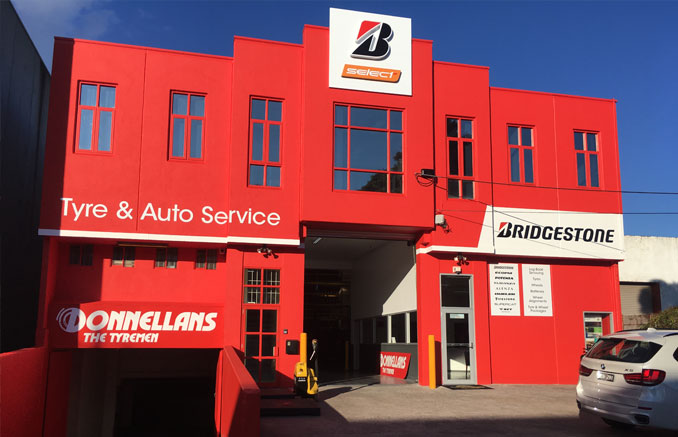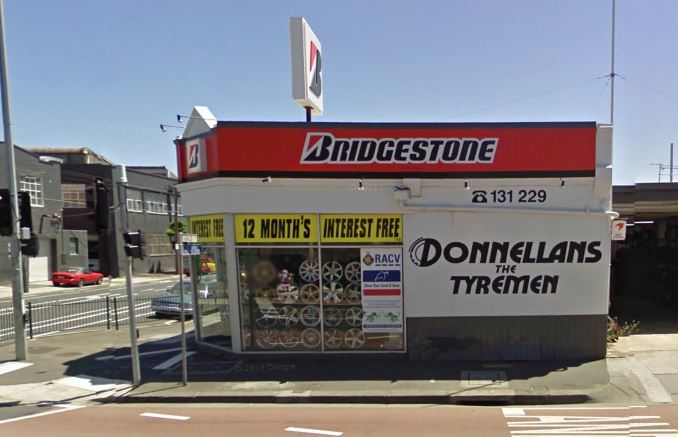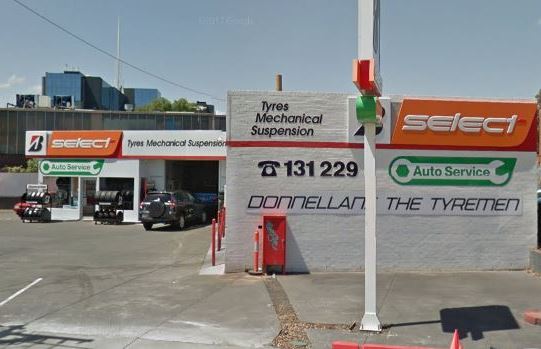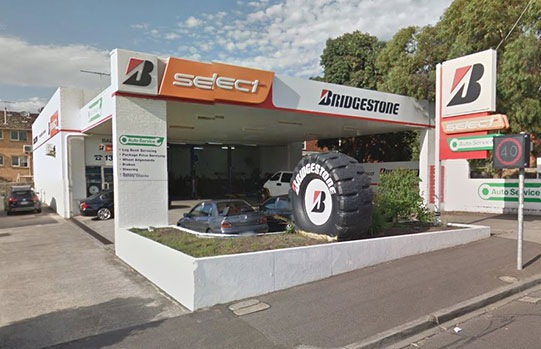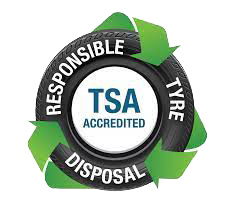Back to Latest News
7 Top Driving Efficiency Tips for Fuel Economy
As fuel prices are soaring across the country, it’s time to have a think about how your driving habits could be
affecting how far you get from a tank of the good stuff. Not all of these tips are going to be applicable in every
situation, for every driver, but by using a few of these, you will see a noticeable increase in fuel economy.
1: Driving efficiently
The absolute biggest thing you can do to increase your fuel economy is controlling your right foot. Taking your time
getting up to speed will be one of the biggest and easiest ways to improve economy figures. Smooth acceleration
through the gears is the key here.
Combine errands when you go out. Short trips in the car will use drastically more fuel as the engine will run rich
while cold. So less time spent running a cold engine is better for you, better for the environment and better for your
pocket.
Start-stop traffic is the biggest battle you’ll face trying to eke out extra miles from your tank.
A lot of newer cars are coming with start-stop technology. This aims to reduce the amount of time your car spends
idling in traffic. However along with start stop technology is the requirement for a much larger and heavier battery
as well as a sturdier starter motor.
If you’re stopped in traffic in an automatic car that doesn’t have start-stop technology you can ease the strain on
your vehicle by easing your vehicle into neutral. This has particular benefit as your engine isn’t constantly trying
to fight against the torque converter and brakes to push the car forward. It isn’t a bad idea in a manual either, as
holding the clutch in just puts wear and tear on your throwout bearings. Speaking of manual cars...
2: Choose the right gear.
It’s no surprise that revving the car out in every gear isn’t an example of driving economically, but did you know
that being in too high a gear is also bad? ‘Lugging’ your engine, as it is called, will cause fuel figures to suffer
as you are not operating in your engines most efficient range. The engine will have to do more work, to achieve the
same. Each vehicles ‘ideal’ power range will be different but generally, if your accelerator pedal is pushed most of
the way in and you’re not going any faster, it’s time to go back a gear and try again.
3: Avoid using the brakes.
Wait a minute let us explain. Using the brakes means you’re wasting the energy you spent getting up to speed in the
first place. If you’re wanting to drive to maximum efficiency you won’t just be watching the car in front of you (you
shouldn’t be doing that anyway) you’ll be watching lanes next to you, and the traffic as far ahead as practical for
signs that traffic is slowing.
Coasting down to a stop is much more environmentally friendly. This is because you’re allowing that energy spent
getting up to speed to carry you further, rather than turning that into brake heat.
4: Car maintenance
Making sure your car is running well is a significant contributor to fuel economy. Items like spark plugs, air, fuel
and oil filters as well as thermostats being old, blocked and faulty can all dramatically affect economy figures.
On top of vehicle maintenance, modern cars are designed to run on a particular octane rating fuel. Be sure to use
what the manufacturer has recommended as that’s the octane range your engine performs most effectively at. Using the
wrong fuel may trigger the car’s ECU to run the car rich on petrol and retard timing, causing up to 15% worse fuel
economy.
5: Maintain tyre pressure and wheel alignment
For every 1psi you are under your recommended tyre pressures, you could be leaving up to 0.5% efficiency on the
table. Underinflated tyres have a much larger contact patch on the road, causing excess drag.
Tyre pressures should ideally be inflated to your manufacturer's recommended specifications, usually found on the
tyre placard, either under the hood on inside the driver’s door jamb. If you’re carrying a decent payload in your car
(think 5 adults or a boot full of tools) it might be worth adding 5 psi or so to your tyre pressure to combat sidewall
deflection and the possibility of the tyre overheating, making sure to never exceed the maximum tyre pressure as
marked on the tyre sidewall.
As well as tyre pressures, wheel alignments can make or break your attempts at being super efficient with fuel usage.
Toe is the number one biggest cause of poor economy as your tyres will constantly be fighting against each other by
wanting to pull your car in slightly different directions, all the while your engine is trying to overcome those
forces.
6: Don’t use air conditioning, if you can help it.
Using the air conditioning in your car requires about 3-5hp, as the compressor is driven directly off the engine. At
speeds below ~80kph (depending on vehicle) you’ll have better economy with the A/C off and the windows down. At
highway speeds, wind drag from open windows will overtake the power requirement from running a compressor and you’re
better off with the windows up and hitting that A/C.
7: Remove unnecessary items from your car.
Alright we’re getting into tin-foil hat territory now. But removing excess weight from your car that you don’t need
like baby seats when you’re not carrying kids, sports equipment, or just ‘stuff’ that accumulates, as well as external
accessories such as roof racks and caravanning extension mirrors will all help to reduce the amount of weight and the
wind drag your engine has to overcome.
It is possible to take this too far though, so don’t take out your spare tyre or toolkit. We recommend keeping water
and a jacket in the car at all times too.
Come see us, Donnellans the Tyremen.
At Donnellans we have a fantastic team of trustworthy technicians able to look over your vehicle. We can take care of
any mechanical, wheel and tyre, alignment, suspension and brake needs.
With 5 stores across Melbourne there is one near you.
Drop in today or call:
